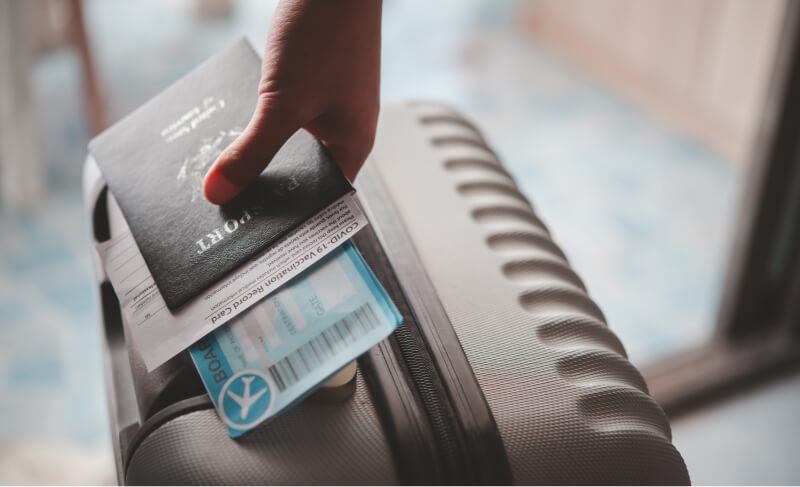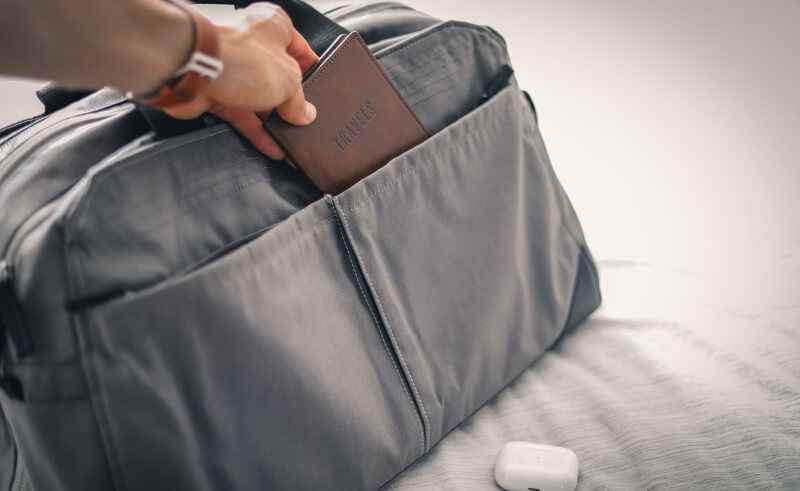Obtaining a visa is a critical step in the journey to studying abroad. However, many students encounter setbacks due to common visa mistakes that can delay or jeopardize their plans. Understanding these pitfalls and how to sidestep them will save you time, money, and stress.
This guide outlines the common visa mistakes and provides actionable tips to ensure a smooth application process.
Why Avoiding Visa Mistakes Matters
Visa applications involve strict guidelines and timelines. A single error can lead to:
- Rejected or delayed applications.
- Financial loss due to reapplication fees.
- Missed opportunities to start your program on time.
Taking proactive steps to avoid mistakes is essential for a hassle-free study abroad experience.
Common Visa Mistakes and How to Avoid Them
1. Incomplete Application Forms
Submitting incomplete or incorrect forms is one of the most frequent visa mistakes.
- How to Avoid It:
- Double-check that all required fields are filled.
- Use the official visa application guide for your host country.
- Review your application carefully before submission.
External Link: Visa Application Guidelines by Country
2. Missing Deadlines
Visa processing times vary, and missing deadlines can disrupt your plans.
- How to Avoid It:
- Start the application process as soon as you receive your acceptance letter.
- Create a checklist with deadlines for submission and supporting documents.
- Monitor your email for updates from the embassy or consulate.
3. Incorrect Supporting Documents
Providing incorrect or incomplete documents can result in application denial.
- How to Avoid It:
- Verify the document requirements for your visa type.
- Ensure all documents (e.g., passport, financial proof, and acceptance letters) are valid and up to date.
- Use certified translations for any non-English documents.
4. Not Meeting Financial Requirements
Most countries require proof that you can financially support yourself during your stay.
- How to Avoid It:
- Provide accurate bank statements showing sufficient funds.
- Include scholarship or sponsorship letters if applicable.
- Check the exact financial thresholds for your host country.
5. Neglecting Visa Interview Preparation
Some visa applications involve an interview, which can make or break your approval.
- How to Avoid It:
- Research common interview questions for student visas.
- Be clear and honest about your intentions and study plans.
- Dress professionally and arrive on time for the interview.
6. Submitting Incorrect Photos
Many applications are rejected due to photos that don’t meet visa specifications.
- How to Avoid It:
- Follow the photo size and background requirements precisely.
- Visit a professional photography service familiar with visa photo standards.
7. Overlooking Health Insurance Requirements
Health insurance is mandatory for most student visas.
- How to Avoid It:
- Purchase an insurance plan that meets your host country’s requirements.
- Include proof of coverage with your application.
8. Providing False Information
Submitting inaccurate or fraudulent information can result in a permanent visa ban.
- How to Avoid It:
- Be truthful and transparent in all your documentation.
- Seek guidance from an advisor if you’re unsure about any details.
9. Failing to Follow Up
Not checking the status of your application can lead to missed notifications or additional requests.
- How to Avoid It:
- Track your application online, if available.
- Respond promptly to any additional document requests.
10. Ignoring Visa Expiry Dates
Overstaying your visa can result in penalties or future travel restrictions.
- How to Avoid It:
- Note your visa’s validity and renewal procedures.
- Apply for extensions well in advance, if necessary.
Pro Tips for a Successful Visa Application
- Seek Professional Help: If the process feels overwhelming, consider hiring a visa consultant or working with your university’s international office.
- Join Forums or Communities: Connect with fellow students for tips and advice on the visa process.
- Stay Organized: Use a dedicated folder (physical or digital) to store all your visa-related documents.
Final Thoughts
Avoiding common visa mistakes is key to a smooth transition to studying abroad. By understanding the requirements, planning ahead, and staying organized, you can ensure your application is successful and stress-free.
Your study abroad journey is too important to leave to chance—take the time to get it right!





